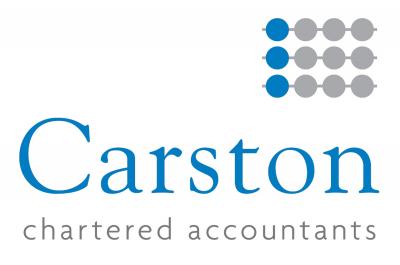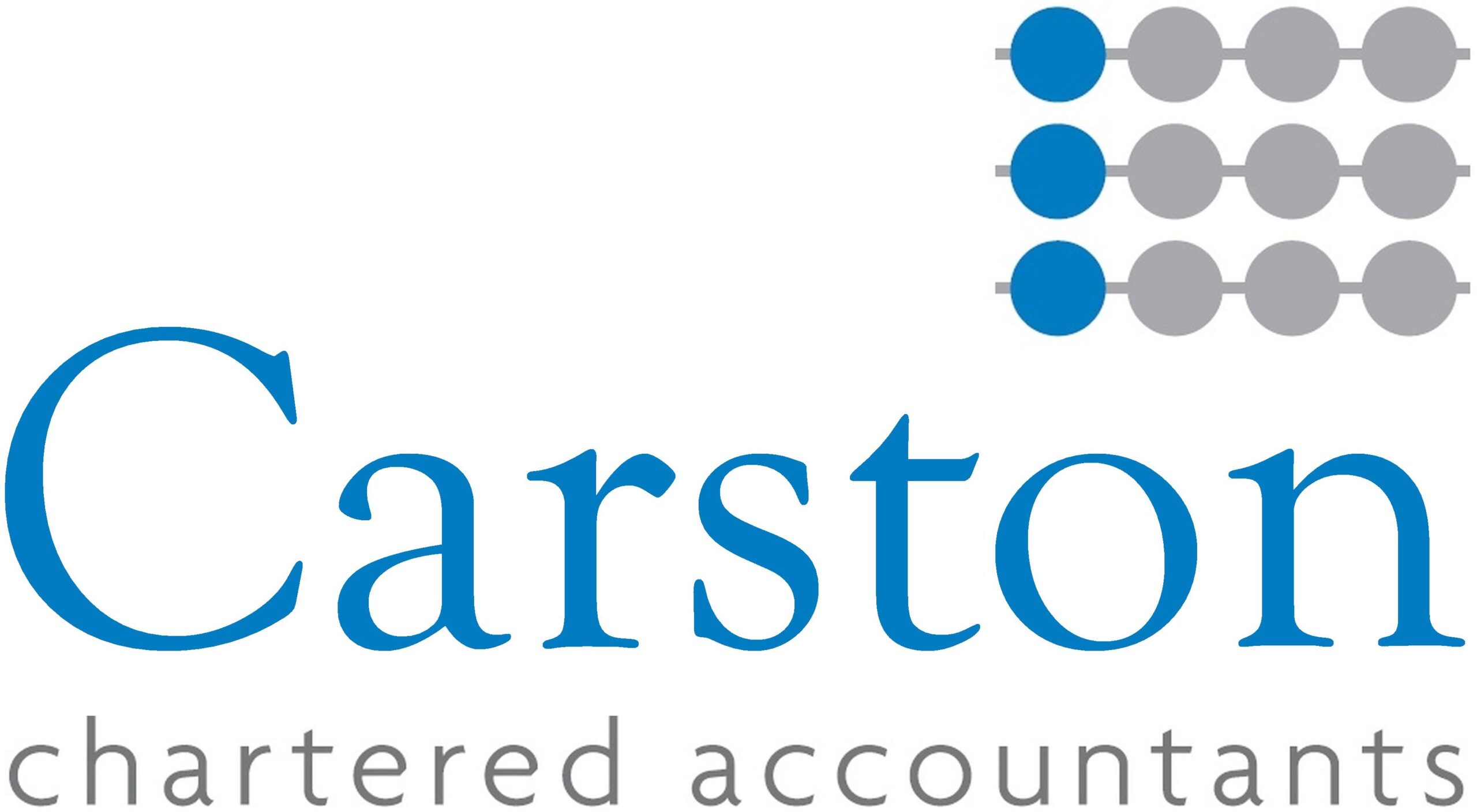Tax investigations are inconvenient. There are no two ways about it. Even if you’re the most cautious person in the world – ensuring your tax returns are accurate to the penny – you could still receive that brown envelope through the letterbox.
While it can be sometimes unavoidable, there are ways to stop yourself from attracting attention (not that there’s anything to hide).
Can I avoid an HMRC investigation?
To be clear, you cannot totally avoid an investigation by HMRC. But don’t let that be a cause for concern.
HMRC can launch an investigation into anyone’s taxes completely at random. You don’t need to be a potential tax avoider for HMRC to come knocking.
But you can lower the chances of HMRC selecting you based on the contents of your tax return by following proper accounting procedures and hitting the right deadlines.
How does HMRC decide on who to investigate?
If you’re relatively inconsistent with your tax returns, either in timing or accuracy, you’re more likely to come up on HMRC’s radar.
HMRC may also choose to investigate if you have more expenses than usual or take a much lower profit than expected.
The length of an investigation will vary depending on the scope of the enquiry. HMRC could launch an aspect enquiry where only certain areas of your tax are under scrutiny.
A full enquiry, on the other hand, will be an in-depth look at every part of your tax dealings, so it’ll take a lot longer to complete.
This means to lower your chances of receiving a letter, you should take every step possible to maintain a solid tax record. The best way to do this is by getting in touch with an experienced accounting firm (like us). That said, there are ways you can help minimise the risk on your own.
What you can do to avoid an HMRC investigation
Even though you can’t fully avoid a tax investigation, here are some things you can do to lessen the chances of being purposely chosen by HMRC.
Review your tax returns
Even if your accountant completes your tax returns, that doesn’t mean you shouldn’t check them over as well. Ultimately, you’re responsible for any potential mistakes.
Make sure you take the time to review things before the final submission.
Explain any irregularities
If you’ve built up an unusual amount of expenses over the year, you should provide proof and an explanation of your figures. You may have made an essential one-off purchase, or your bills were higher than expected. Either way, HMRC will want to know.
Include as much information as possible alongside your tax return to pre-empt any questions from HMRC.
Keep up with your reporting deadlines
HMRC is less likely to raise an issue with you if you consistently meet your reporting and payment deadlines. Missing the cut-off point two or three times in a row may result in an enquiry.
By getting an early start on your tax returns, you’ll be able to hit your deadlines and have time to give everything a final accuracy check.
Hire an accountant
While you can take cautionary measures, your best bet is to contact a professional. By hiring an accountant, you can rest easy knowing that an experienced firm is carefully reviewing your tax returns.
Should HMRC still want to investigate, your accountant will be there to answer any questions and take corrective action.
Take control
By taking the time to ensure you’re tax compliant, you may be able to lower the risk of enduring an HMRC investigation. While not totally avoidable, you can still prepare yourself on the off-chance you do get picked.
We can help you get your accounts in order and ensure you’re fully compliant with HMRC guidelines. If you do undergo an investigation, we’ll be there to act on your behalf and offer advice.
Get in touch to discuss your tax returns.

